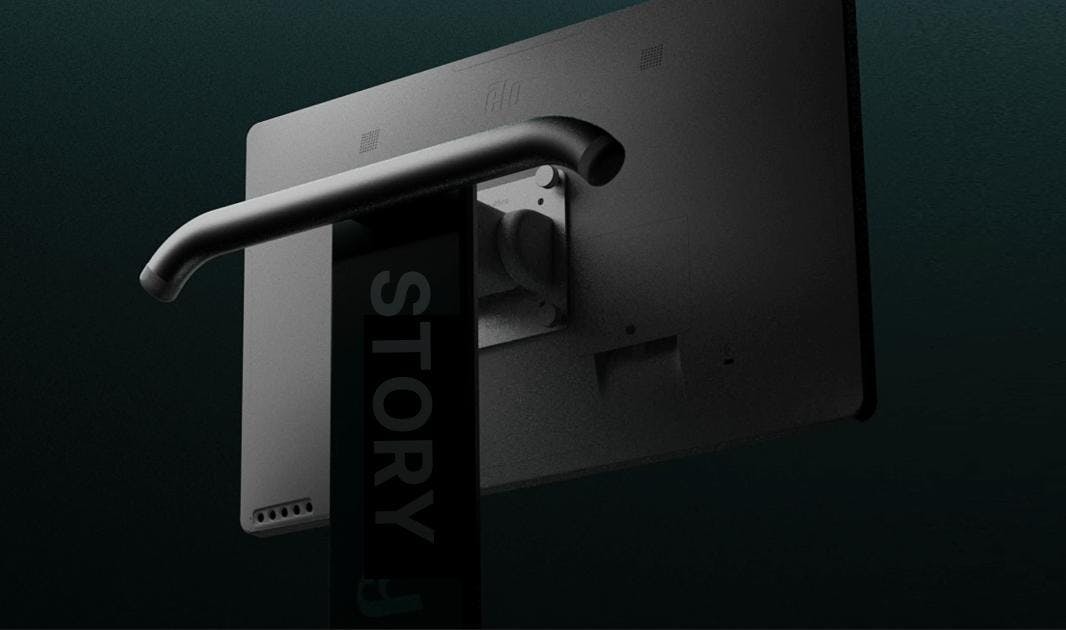What is Brand Identity?
Brand identity is the collection of all elements that a company creates to portray the right image to its consumer. It goes beyond a logo or visual aesthetics to encompass the company’s values, tone of communication, and the overall experience it promises to deliver. A well-crafted brand identity is a beacon that guides marketing strategies, product development, and customer engagement.
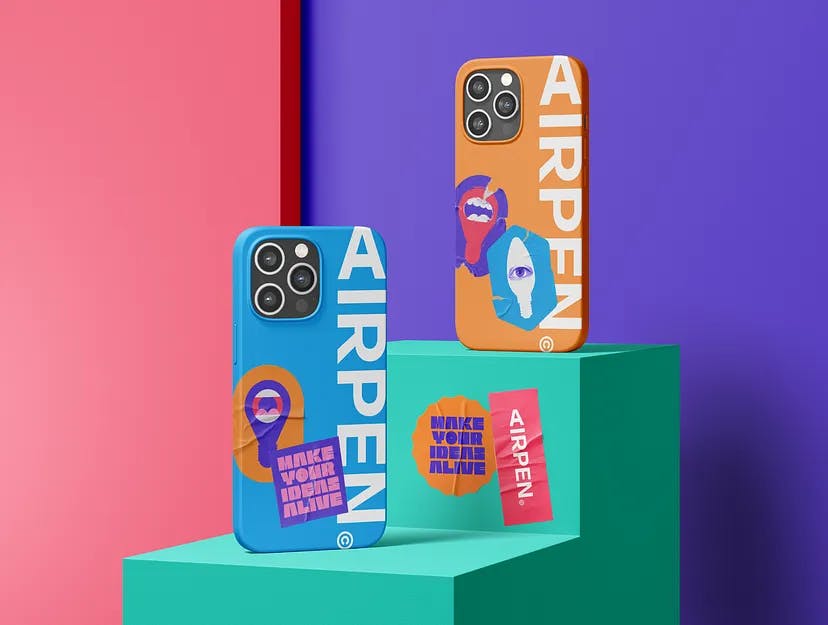 Visual representation of brand identity elements including values, communication tone, customer experience, marketing strategy, and product development for startups
Visual representation of brand identity elements including values, communication tone, customer experience, marketing strategy, and product development for startupsThe Evolution and Impact of Dynamic Brand Identity
Dynamic brand identity represents a significant evolution in the way companies approach their branding. This adaptive, flexible style of branding allows businesses to stay relevant and responsive in the rapidly changing market landscape. Let’s delve deeper into its application, benefits, and notable examples from both startups and established brands.
Dynamic brand identity goes beyond the traditional fixed logo and consistent color palette. It’s about creating a brand system that can adapt to various contexts, messages, and audiences while maintaining its core identity. This approach reflects a brand’s agility and its capacity to evolve without losing its essence. This could mean a logo that adapts to different contexts, marketing materials that change based on the audience, or even a brand narrative that evolves over time.
 Airpen AI illustration builder animated dynamic logo showing adaptive brand identity with morphing geometric shapes and color transformations for startup branding
Airpen AI illustration builder animated dynamic logo showing adaptive brand identity with morphing geometric shapes and color transformations for startup branding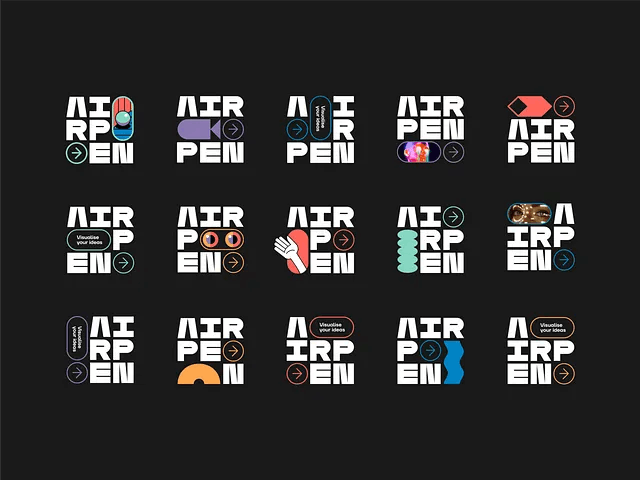 AI startup brand identity design for Airpen featuring dynamic logo applications, color palette, typography system, and visual identity guidelines by Noomo Agency
AI startup brand identity design for Airpen featuring dynamic logo applications, color palette, typography system, and visual identity guidelines by Noomo AgencyA dynamic logo, for instance, might alter its color, shape, or form depending on the platform it’s displayed on or the message it intends to convey, offering a flexible tool for engaging with diverse audiences.
Historical Context and Adoption
The concept of dynamic brand identity started gaining traction in the early 2000s as brands sought to become more interactive and personalized in their approach. Google’s Doodle is an early example, where the company alters its logo to celebrate events, anniversaries, and significant dates, showing a playful and engaged side to the brand while keeping the underlying logo recognizable.
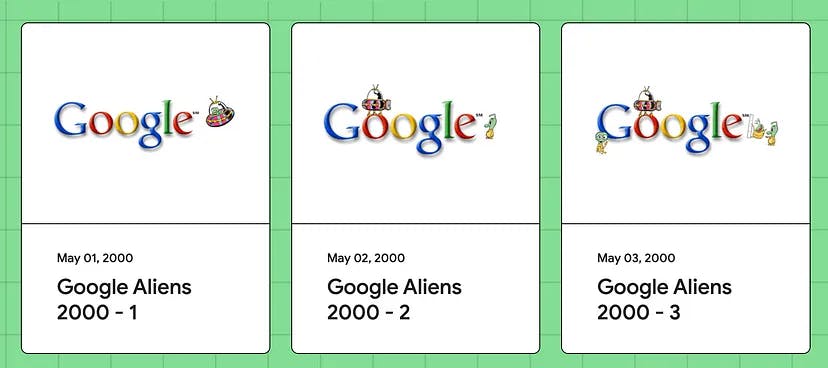 Google Doodle dynamic logo variations celebrating events, anniversaries, holidays showing playful interactive brand identity and cultural responsiveness in corporate branding
Google Doodle dynamic logo variations celebrating events, anniversaries, holidays showing playful interactive brand identity and cultural responsiveness in corporate brandingBig brands like MTV, Spotify, and Apple have since embraced dynamic branding, using it to cater to different audiences and touchpoints without diluting their brand identity. These brands demonstrate the power of dynamic identity in staying relevant and engaging with audiences across diverse platforms.
Why Dynamic Brand Identity is Important for Startups
To build a strong brand, it is crucial to connect with the audience and have the capacity to quickly adapt to changes and different environments. For startups, crafting a distinctive brand identity is essential for several reasons:
1.First Impressions Count
In the crowded startup ecosystem, making a memorable first impression is crucial. A dynamic brand identity sets a startup apart, signaling innovation and forward-thinking from the outset.
 Animated dynamic brand identity system demonstrating logo variations, color shifts, and adaptive visual elements for flexible startup branding across digital platforms
Animated dynamic brand identity system demonstrating logo variations, color shifts, and adaptive visual elements for flexible startup branding across digital platforms2. Connection With Your Audience
It fosters a deeper connection with your audience, translating into loyalty and trust.
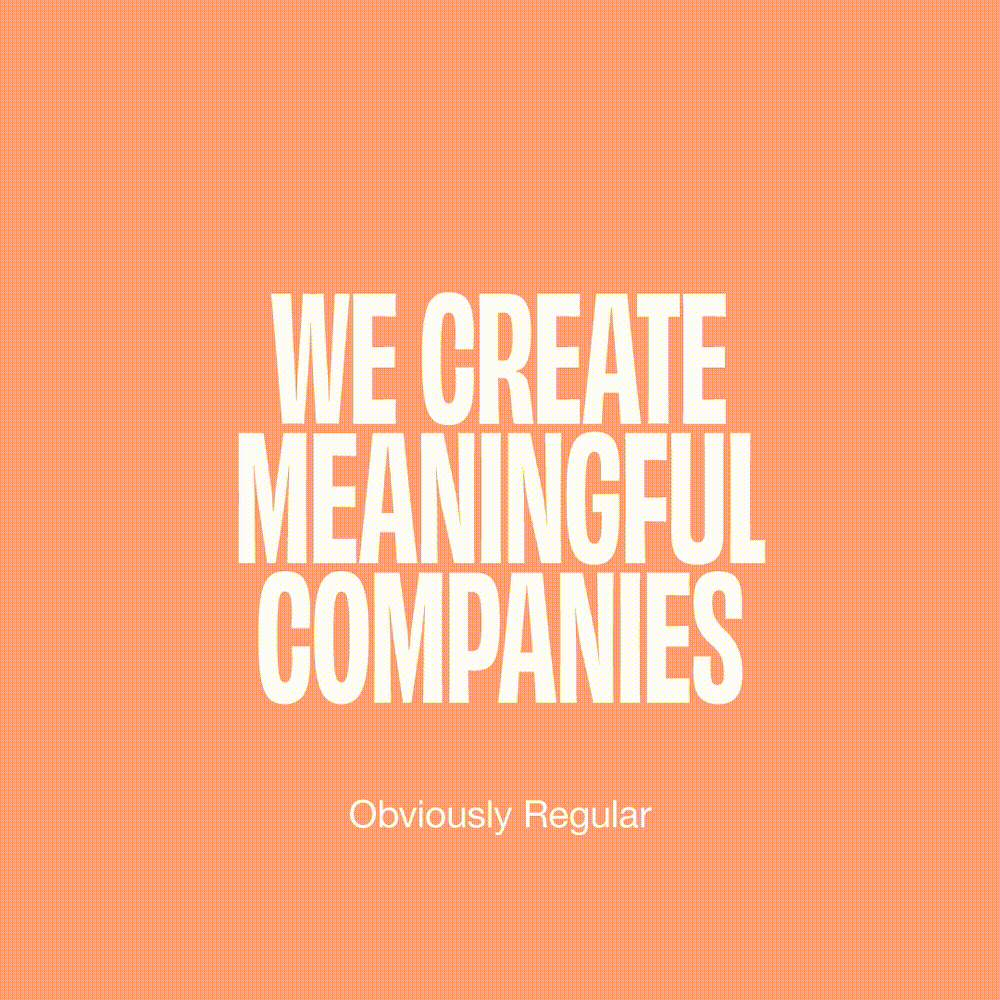 Kinetic typography animation showcasing fluid letterforms, morphing text effects, and dynamic type design for modern startup brand identity and visual communication
Kinetic typography animation showcasing fluid letterforms, morphing text effects, and dynamic type design for modern startup brand identity and visual communication Dynamic typography brand design with animated letterforms, geometric transformations, and motion graphics for contemporary startup visual identity systems
Dynamic typography brand design with animated letterforms, geometric transformations, and motion graphics for contemporary startup visual identity systems3. Brand Communication
Your brand identity communicates your values and mission, aligning customer perceptions with your brand’s essence.
4. Adaptability
Startups operate in a fast-paced environment where changes happen quickly. A dynamic brand identity allows for adjustments in branding elements to reflect new product launches, partnerships, or market expansions seamlessly.
 Airpen AI startup comprehensive brand identity guidelines showing logo usage, color systems, typography hierarchy, and visual language for consistent brand application
Airpen AI startup comprehensive brand identity guidelines showing logo usage, color systems, typography hierarchy, and visual language for consistent brand application5. Engagement Across Touchpoints
With the proliferation of digital platforms, startups need to engage with audiences across diverse channels. Dynamic identities enable startups to tailor their messaging and visuals to different platforms while maintaining brand cohesion.
6. Storytelling and Growth
As startups grow, their stories evolve. A dynamic brand identity can encapsulate various chapters of a startup’s journey, making storytelling a central part of the brand experience. This not only enhances brand recall but also builds an emotional connection with the audience.
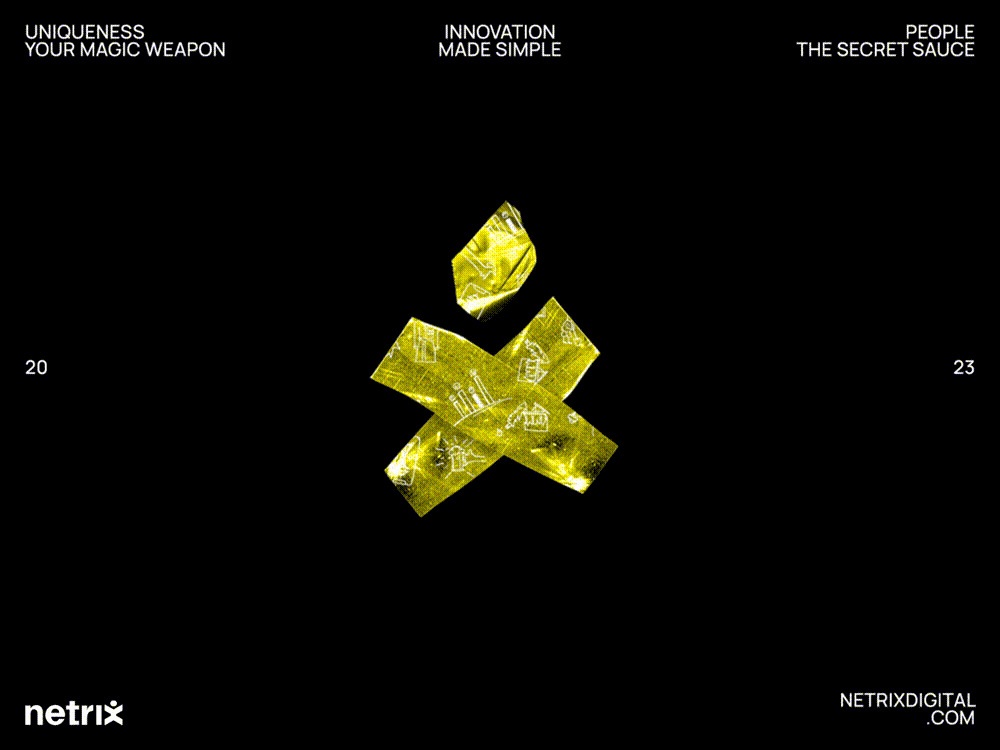 Netrix animated dynamic logo demonstrating geometric transformations, adaptive brand mark, and flexible identity system for tech startup rebranding and digital applications
Netrix animated dynamic logo demonstrating geometric transformations, adaptive brand mark, and flexible identity system for tech startup rebranding and digital applications7. Narrative Flexibility
A dynamic brand identity is like a living story that adapts and grows. For startups, this means the ability to highlight different aspects of their offering or mission as they expand, ensuring the brand remains relevant and engaging.
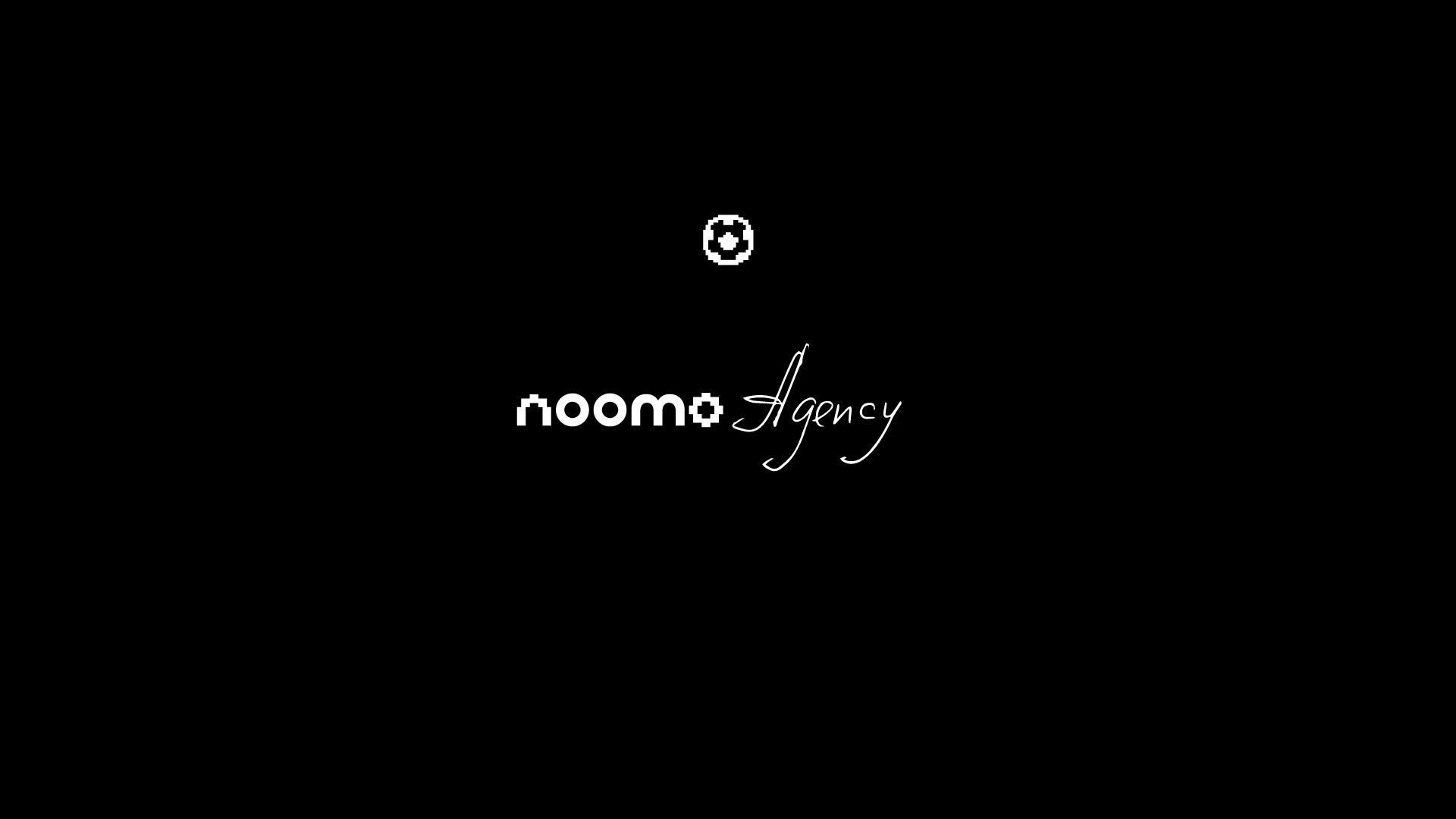 Noomo Agency Los Angeles creative studio dynamic brand identity with animated logo, adaptive visual system, and flexible design elements for immersive digital experiences
Noomo Agency Los Angeles creative studio dynamic brand identity with animated logo, adaptive visual system, and flexible design elements for immersive digital experiences8. Cultural Responsiveness
In an increasingly global marketplace, the ability to adapt branding to different cultural contexts can significantly broaden a startup’s appeal. Dynamic identity allows for such flexibility, making the brand more inclusive and globally accessible.
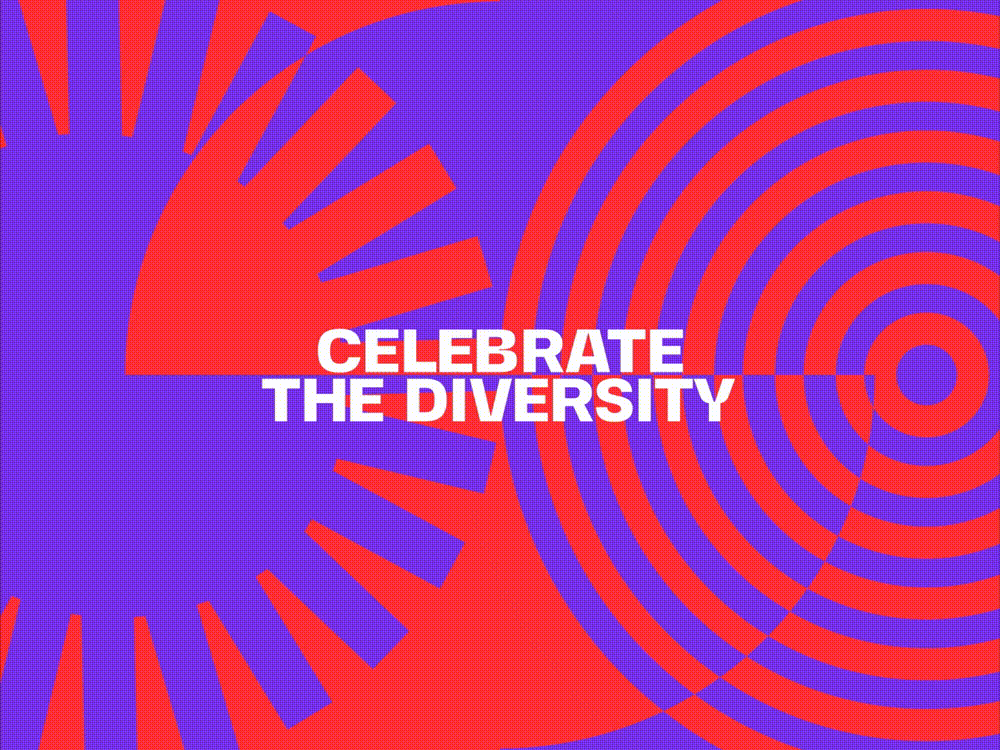 Dynamic brand identity showcasing cultural responsiveness, inclusive design variations, and adaptive visual elements for global marketplace and diverse audience engagement
Dynamic brand identity showcasing cultural responsiveness, inclusive design variations, and adaptive visual elements for global marketplace and diverse audience engagement9. Visual Innovation and fun
Through dynamic logos, color schemes, and imagery, startups can showcase their innovative edge, visually communicating their unique approach to solving problems or enhancing lives.
 Innovative dynamic brand identity featuring playful animations, creative logo transformations, and engaging visual storytelling for startup differentiation and brand recall
Innovative dynamic brand identity featuring playful animations, creative logo transformations, and engaging visual storytelling for startup differentiation and brand recallDynamic brand identity is particularly suited for startups due to its inherent flexibility and adaptability — qualities that startups themselves often embody. As startups grow and evolve, their brand can seamlessly adapt to new markets, products, and customer insights without losing its essence.
So, when you are looking for the best branding agency for your startup, consider their experience in creating dynamic brand identity and digital storytelling.
Advantages of Dynamic Brand Identity
Engagement: By tailoring the brand experience to different contexts, companies can increase engagement and interaction with their audience.
 Dynamic brand identity animation demonstrating user engagement strategies, interactive visual elements, and adaptive design for multi-platform startup marketing campaigns
Dynamic brand identity animation demonstrating user engagement strategies, interactive visual elements, and adaptive design for multi-platform startup marketing campaignsRelevance: Dynamic identities allow brands to stay current, adapting their branding for special occasions, trends, or user behaviors.
Inclusivity: Adapting a brand to reflect diverse cultures and communities can enhance inclusivity, making the brand appealing to a broader audience.
 Adapting a brand design to reflect diverse cultures and communities to enhance inclusivity
Adapting a brand design to reflect diverse cultures and communities to enhance inclusivity8 of the Best Recent Examples of Dynamic Brand Identity
1.Airpen — AI builder for lllustrations: This startup’s identity showcases versatility through a dynamic logo that can adapt its form across different media, illustrating creativity and adaptability, core traits for a platform based on customization. This startup’s dynamic identity visually communicates the endless possibilities of illustration, adapting its branding to showcase different styles and themes, emphasizing creativity and flexibility.
 Airpen AI builder dynamic logo system showing multiple brand identity variations, adaptive color schemes, and flexible design applications for digital and print media
Airpen AI builder dynamic logo system showing multiple brand identity variations, adaptive color schemes, and flexible design applications for digital and print media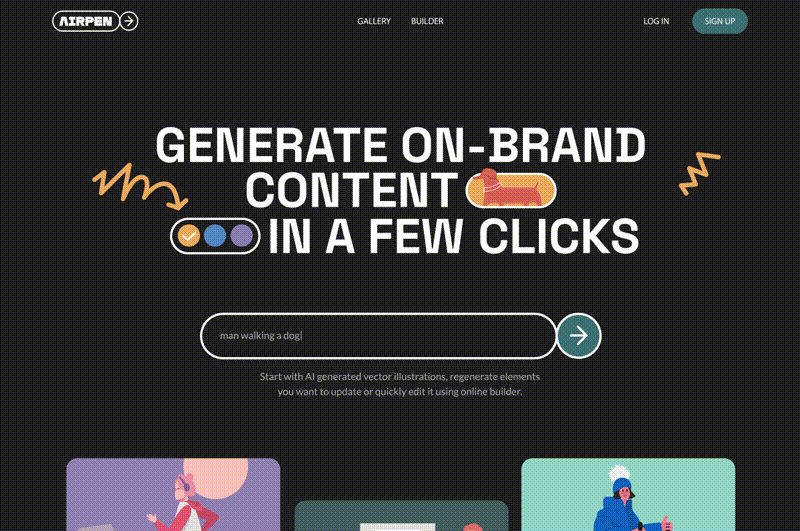 Airpen startup website with dynamic brand identity implementation featuring animated logo, interactive design elements, and responsive visual storytelling for user engagement
Airpen startup website with dynamic brand identity implementation featuring animated logo, interactive design elements, and responsive visual storytelling for user engagement2. World Culture Festival 2023: This event’s branding demonstrates how a dynamic identity can encapsulate the diversity and vibrancy of world cultures, using adaptable visual elements that celebrate global unity. Its dynamic identity, with adaptable visual elements, represents the myriad cultures and traditions, highlighting the event’s global inclusivity.
More information about World Culture Festival 2023 is in this Case study.
 World Culture Festival 2023 Washington DC dynamic brand identity celebrating global diversity, cultural unity, vibrant colors, and inclusive visual design for international event
World Culture Festival 2023 Washington DC dynamic brand identity celebrating global diversity, cultural unity, vibrant colors, and inclusive visual design for international event3.Noomo Agency: With the recent rebranding, the Los Angeles-based creative design agency Noomo has unveiled a new dynamic brand identity that represents their core values.
Read more about their rebranding.
4. The Handl Visual Identity: Handl’s brand identity stands out for its dynamic use of color and form, symbolizing the startup’s innovative approach to handling (managing) diverse tasks or services. Custom craft illustrations humanize the brand and bring it closer to the audience.
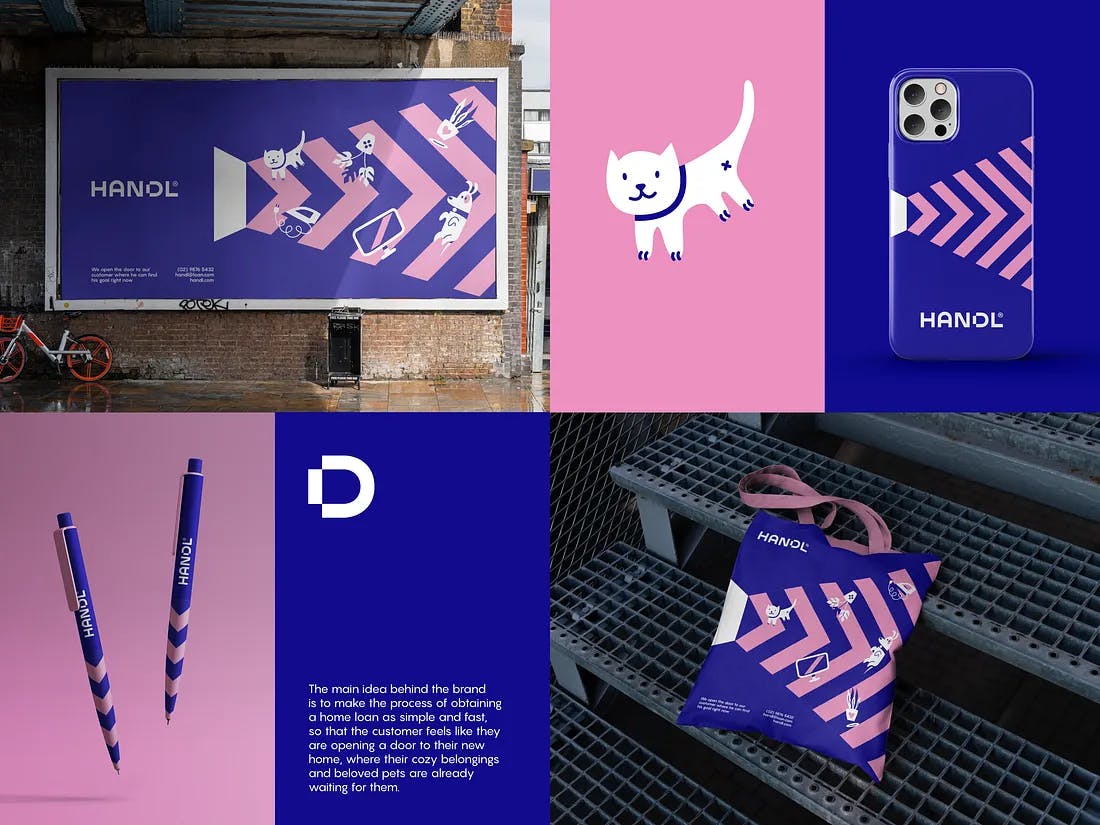 Handl startup visual brand identity featuring custom craft illustrations, dynamic color palette, humanized brand personality, and innovative service management branding design
Handl startup visual brand identity featuring custom craft illustrations, dynamic color palette, humanized brand personality, and innovative service management branding design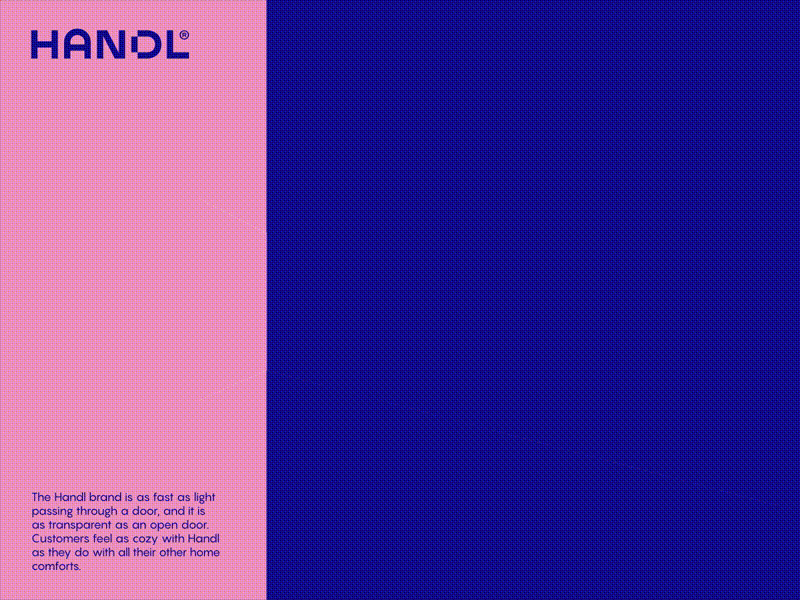 Handl startup dynamic brand identity with animated logo, adaptive visual system, custom illustrations, and flexible design elements for diverse task management services
Handl startup dynamic brand identity with animated logo, adaptive visual system, custom illustrations, and flexible design elements for diverse task management services Handl brand identity animated visual elements showcasing dynamic illustrations, character design, motion graphics, and playful brand personality for startup differentiation
Handl brand identity animated visual elements showcasing dynamic illustrations, character design, motion graphics, and playful brand personality for startup differentiation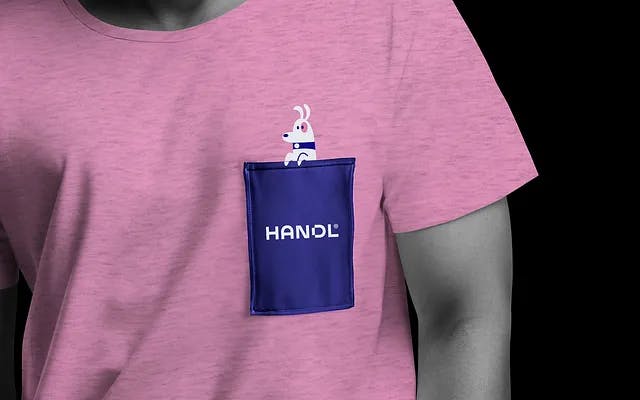 Handl startup branded merchandise T-shirt design featuring dynamic brand identity, custom illustrations, vibrant colors, and creative visual language for brand activation
Handl startup branded merchandise T-shirt design featuring dynamic brand identity, custom illustrations, vibrant colors, and creative visual language for brand activation5. Sigma Brand Identity and Dynamic Logo : Sigma’s brand identity is a masterclass in blending simplicity with dynamism. The logo’s adaptability across various platforms showcases the startup’s forward-thinking and versatile approach to data analysis.
 Sigma data analysis startup animated dynamic logo demonstrating geometric transformations, minimalist design, and adaptive brand mark for versatile tech company branding
Sigma data analysis startup animated dynamic logo demonstrating geometric transformations, minimalist design, and adaptive brand mark for versatile tech company branding Sigma dynamic brand identity implementation across digital platforms showing logo variations, UI applications, and consistent visual system for data analytics startup
Sigma dynamic brand identity implementation across digital platforms showing logo variations, UI applications, and consistent visual system for data analytics startup Sigma startup dynamic brand animation featuring fluid geometric shapes, motion design, color transitions, and adaptive visual elements for modern tech company identity
Sigma startup dynamic brand animation featuring fluid geometric shapes, motion design, color transitions, and adaptive visual elements for modern tech company identity Sigma brand identity color system and design principles showcasing dynamic palette variations, gradient applications, and flexible visual language for data analysis platform
Sigma brand identity color system and design principles showcasing dynamic palette variations, gradient applications, and flexible visual language for data analysis platform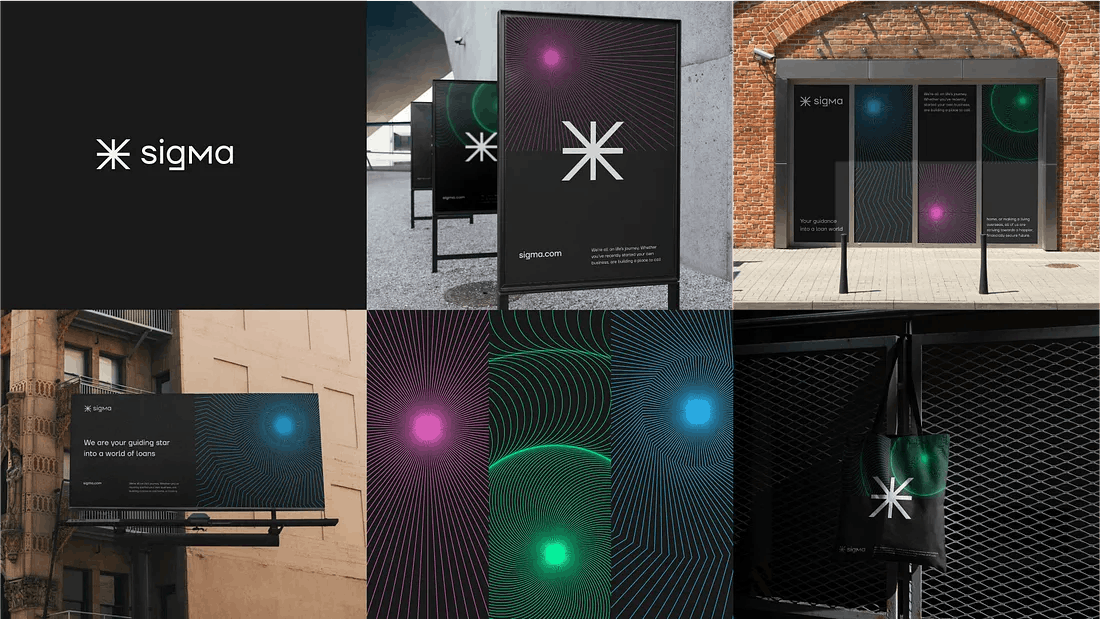 Sigma startup key visual brand identity elements including dynamic logo system, iconography, geometric patterns, color palette, and typography hierarchy for cohesive branding
Sigma startup key visual brand identity elements including dynamic logo system, iconography, geometric patterns, color palette, and typography hierarchy for cohesive branding6. Lite — Brand Identity for a Home Loans Startup. Specializing in data analysis for Home loans, Lite’s dynamic identity is sleek and modern, using shapes and patterns that adapt across different platforms to represent data fluidity and analytical precision.
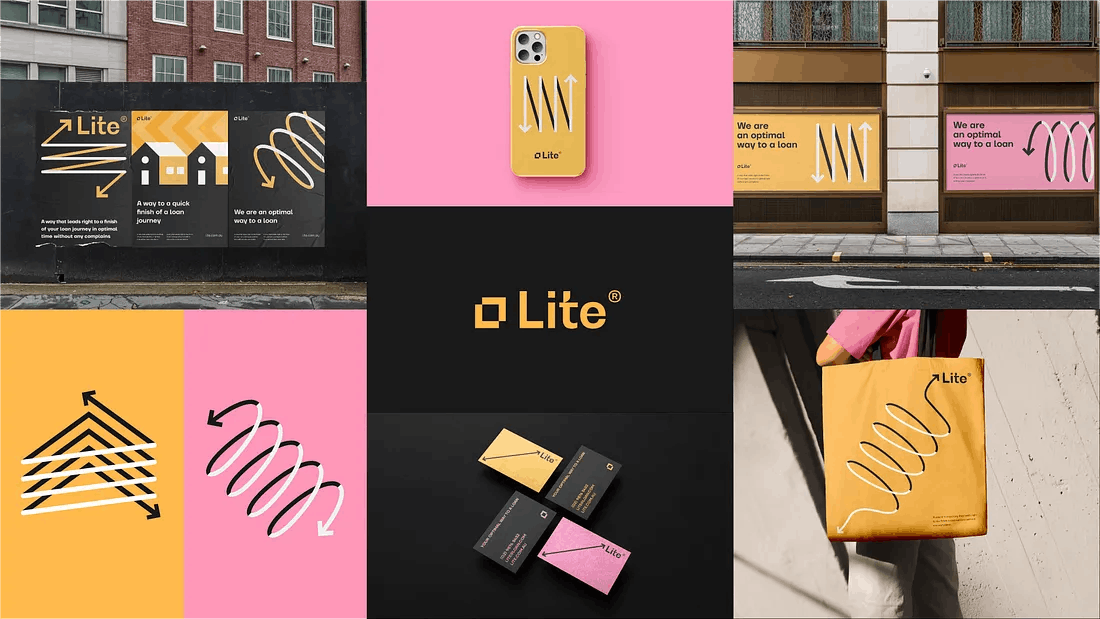 Lite home loans startup sleek modern brand identity featuring dynamic shapes, data fluidity patterns, analytical precision, and adaptive design for fintech industry branding
Lite home loans startup sleek modern brand identity featuring dynamic shapes, data fluidity patterns, analytical precision, and adaptive design for fintech industry branding7. Emma — A Guiding Light into a World of Loans: This startup uses its brand identity to simplify the complex world of loans. The dynamic aspects of its branding make financial services more accessible and less intimidating.
 Emma loans startup dynamic brand identity animation simplifying complex financial services with friendly visual design, accessible branding, approachable motion graphics
Emma loans startup dynamic brand identity animation simplifying complex financial services with friendly visual design, accessible branding, approachable motion graphics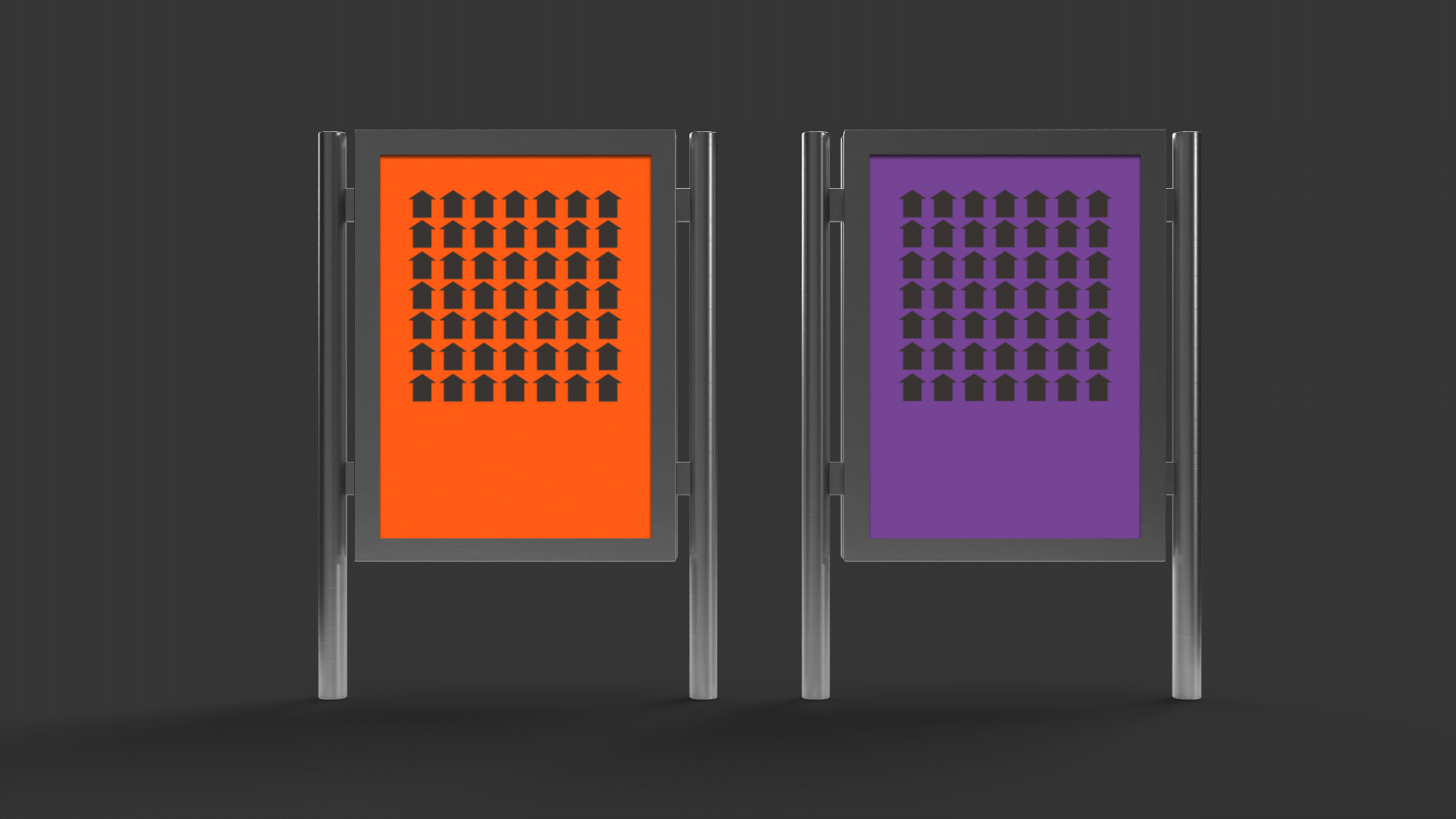 Emma financial startup dynamic brand identity featuring animated elements, warm color palette, friendly visual language, and accessible design for demystifying loan services
Emma financial startup dynamic brand identity featuring animated elements, warm color palette, friendly visual language, and accessible design for demystifying loan services8. Dynamic typography in the personal branding of design director Olha Uzhykova. This logo design incorporates dynamic typography in order to create cohesive and engaging visual identity. It involved in designing custom typeface which is compatible with various graphics and can easily be adapted to different contexts and platforms.
 Design director Olha Uzhykova personal brand dynamic logo featuring custom typeface, kinetic typography, animated letterforms, and adaptive visual identity for creative portfolio
Design director Olha Uzhykova personal brand dynamic logo featuring custom typeface, kinetic typography, animated letterforms, and adaptive visual identity for creative portfolio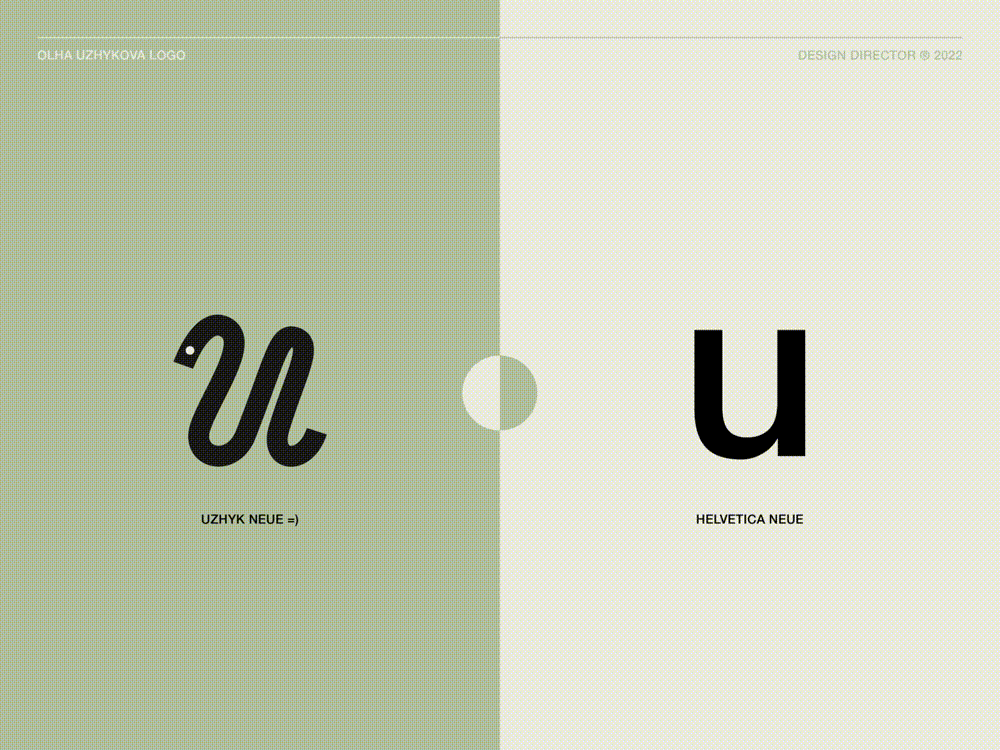 Dynamic typography animation for design director personal branding showcasing fluid letterforms, motion design, custom font system, and cohesive visual identity integration
Dynamic typography animation for design director personal branding showcasing fluid letterforms, motion design, custom font system, and cohesive visual identity integrationYou will find more details on how this brand identity was effectively incorporated into the website design in this article: Crafting your unique story through creative website design.
Conclusion
For startups, venturing into dynamic brand identity is not just about keeping up with design trends; it’s a strategic approach to ensure that their brand remains relevant, flexible, and deeply connected with their audience, even as they scale. By adopting a dynamic brand identity, startups can ensure that their brand grows with them, through every pivot and milestone. This adaptability not only enhances brand engagement but also solidifies the brand’s place in a competitive market landscape.
Dynamic brand identity is also a great foundation for digital experiences. 3D websites, AR experiences, and immersive activation campaigns allow for even greater user engagement.
More about brand identity and storytelling:
- The power of digital storytelling or how to tell the story without words.
- Art of Living - Brand identity for World Culture Festival
- Noomo Beat - an immersive 3D AI audiovisual experience for brand activation. Read Case Study.
- Brand activation experience for AI.IO | INTEL
- Brand Strategy for Web3: Сreate brand identity for the future.
- Crafting the Best Storytelling Website.
- Video Storytelling: Bringing Brand Narratives to Life Through 3D Animation



